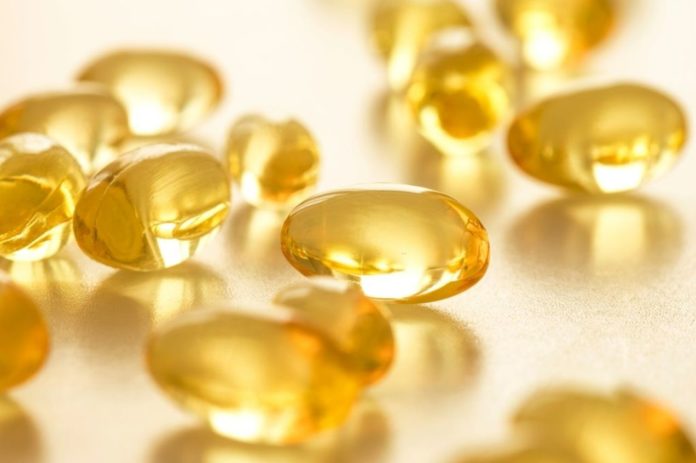Vitamin D provides a natural supply for one of the hormones important to our systems, particularly the bones.
When you’ve low levels of vitamin D, it’s not just your bones that suffer, but also your cardiovascular health
The study, published in the European Heart Journal today, demonstrates that people with low vitamin D levels are more prone to heart disease and high blood pressure. The risk of heart disease was more than twofold for individuals with low concentrations.
Cardiovascular diseases (CVDs) claim the lives of 17.9 million people each year globally. CVD kills one in four Australians and costs the economy $5 billion annually.
Low vitamin D concentrations are widespread in many regions of the world, with data from the UK Biobank revealing that 55% of individuals have low levels of vitamin D (50 nmol/L) and 13% have a severe deficiency (25 nmol/L).
Low vitamin D levels are reported by approximately 23% of individuals in Australia, 24% of people in the United States, and 37% of people in Canada.
Prof Elina Hyppönen of the University of South Australia, the study’s chief investigator, believes that understanding the impact of vitamin D insufficiency in heart health could help lower the global burden of cardiovascular disease.
“Severe deficiency is relatively rare, but in settings where this does occur it is very important to be proactive and avoid negative effects on the heart. For example, deficiency can be a problem for people living in residential care who may have limited exposure to sun,” said Prof Hyppönen.
“We can also get vitamin D from food, including oily fish, eggs and fortified foods and drinks. This said, food is unfortunately a relatively poor source of vitamin D, and even an otherwise healthy diet does not typically contain enough.
“If we don’t get any vitamin D through the sun, this is one of the rare nutrients for which we sometimes need to take a daily supplement to keep up with the requirements.
“Understanding the connection between low levels of vitamin D and CVD is especially important, given the global prevalence of this deadly condition.
“Our results are exciting as they suggest that if we can raise levels of vitamin D within norms, we should also affect rates of CVD. In our study population, by increasing vitamin D-deficient individuals to levels of at least 50 nmol/L, we estimate that 4.4 per cent of all CVD cases could have been prevented.”
The team employed a unique genetic technique in this large-scale Mendelian investigation to determine how increasing levels can alter CVD risk based on the participants’ real vitamin D levels. The study collected data from up to 267,980 people, allowing the researchers to give strong statistical support for the association between vitamin D insufficiency and CVD.
“It is not ethical to recruit people with vitamin D deficiency to a randomised controlled trial and to leave them without treatment for long periods,” added Prof Hyppönen.
“It is exactly this type of difficult setting which demonstrates the power of our genetic approach, given we can show how improving concentrations affects the risk in those most in need, without exposing participants to any harm.
“Those with the lowest concentrations are likely to have the strongest effects, yet a population-wide approach to eradicate vitamin D deficiency could reduce the global burden of CVDs.”
Source: 10.1093/eurheartj/ehab809
Image Credit: Getty
You were reading: Genetic evidence reveals surprising new consequences of Vitamin D deficiency
